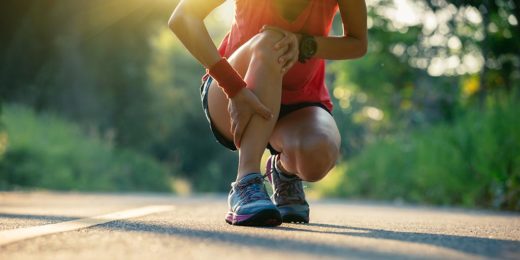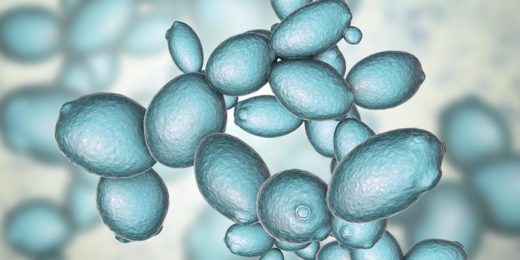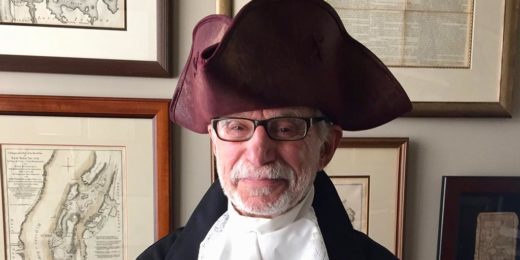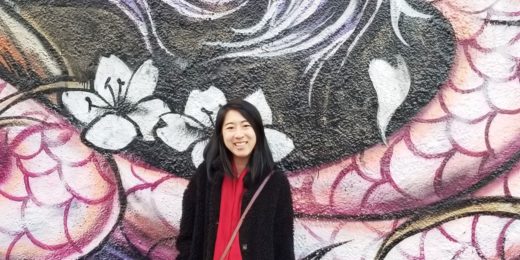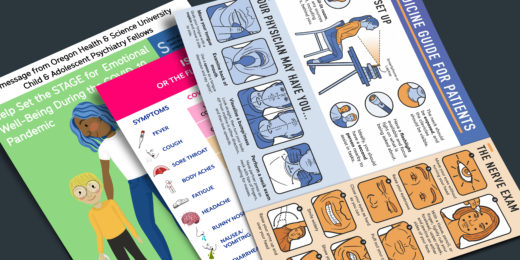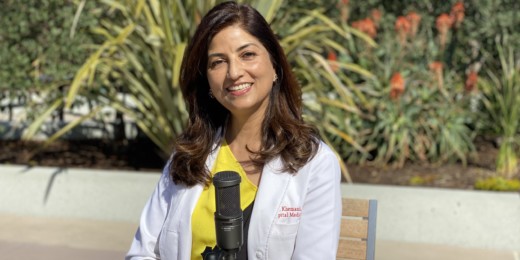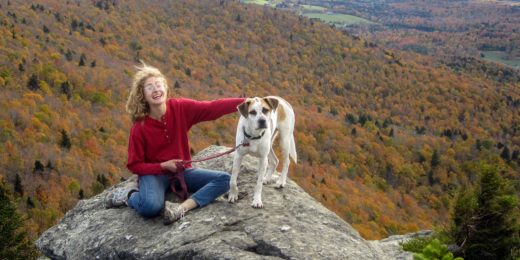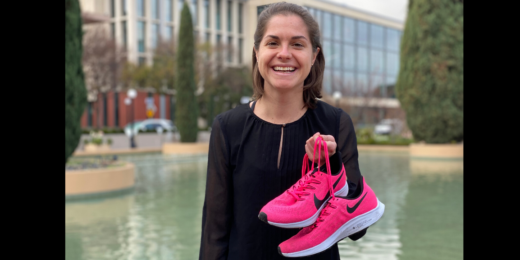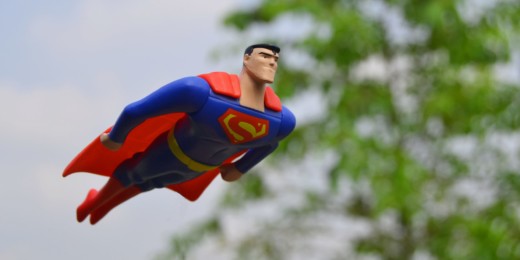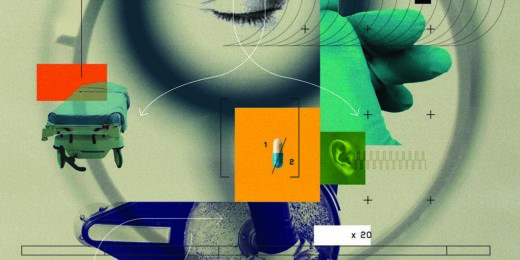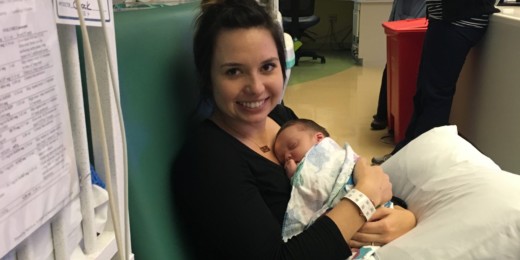Stanford psychiatrist Amy Alexander and colleagues report that women, children and society receive numerous benefits from 12 weeks of paid maternity leave.
Author: Patricia Waldron
Ice pack or heating pad? What works best for athletic injuries
Sports medicine expert Calvin Hwang weighs in on when you should use cold or heat for athletic injuries, such as sprains and strains.
Destructive protein can also help cells survive tough times
Research shows that misshapen proteins called prions can help yeast cells survive environmental threats, such as a lack of food and common antifungal drugs.
What if George Washington was shot during the Revolutionary War? Obstetrician writes an alternate history novel
History buff and Stanford obstetrician Ronald Gibbs wrote a novel in which George Washington is shot in the chest early in the Revolutionary War.
Writing a Chinese-American ‘Ocean’s 11’ between medical school classes
In the Spotlight: A daughter of Chinese immigrants, Stanford medical student Grace Li writes fiction about the Asian-American experience.
Stanford med students use artistic talents to combat COVID
Stanford medical student Ryan Brewster founded COVID Creatives to provide free educational materials about COVID-19 for health care providers.
Curious what it’s like to be a doctor? The ‘Journey to Medicine’ podcast may be for you.
A Q&A with Sarita Khemani, MD, about her podcast, Journey to Medicine, which features stories of medical school applicants' setbacks and successes.
Discarding the empathy script: A former patient, now med student, encourages doctors to be authentic
Stanford medical student Hannah Wild, a former cancer patient, reflects on the importance of authentic communication in medicine.
She’s an ultrarunning champion, studying the genetics of sports injury
In the Spotlight: Megan Roche runs 50-mile races, coaches and writes about running, and is working on a PhD at Stanford.
Superhero science: Super speed and underwater breathing
Errol Ozdalga explains the real-world physiology behind superhero powers, like Superman's super speed and Aquaman's ability to breathe underwater.
More prep before surgery, less pain after
Stanford physicians have developed ways to better prepare patients physically and mentally for surgery, helping them to feel less pain during recovery.
Boy beats the odds to survive rare fetal urinary condition
After his ultrasound showed a rare and dangerous blockage in his urethra called LUTO, Kaleb Perry is now thriving, thanks to a team of Stanford physicians.



